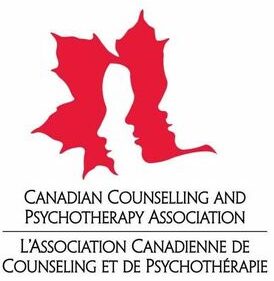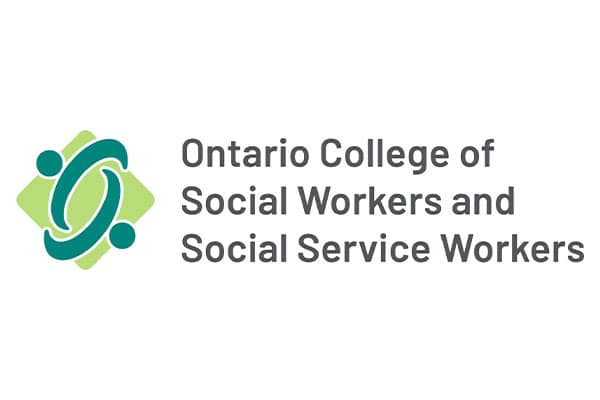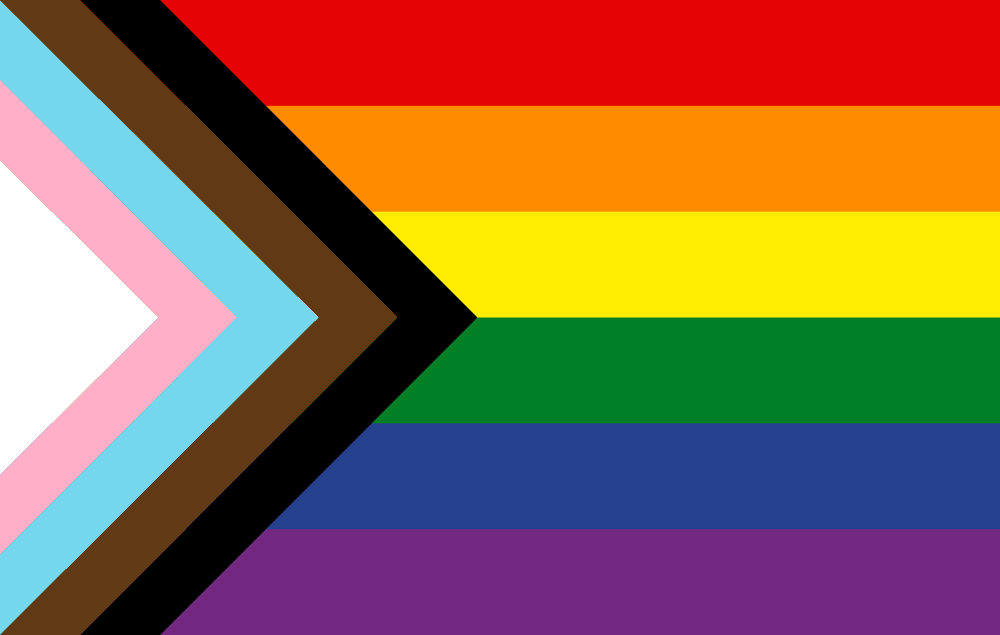A Trauma Metaphor

Trauma is like this: imagine that when you are young, you experience a shockingly bright light, and you don’t know how to deal with it. But others around you who are in a position of respect or power – likely parents, guardians, siblings – show you that you can wear a pair of orange- coloured sunglasses, which help to make the brightness tolerable.
And so then another very bright light flashes into your life, perhaps many times, and you learn again and again to put on those orange-coloured sunglasses. And you notice that others around you have just kept on their glasses all the time, as protection, so you do that too. In fact, you get orange-coloured contact lenses, that you forget you’re even wearing, and you just assume that everyone is wearing them too. There is a cost to this protection. Like wearing heavy armour, it weighs you down. These glasses mean that you forever see the world as tinted orange. Seems like a small price to pay when the cost/ benefit divergence is really large in your youth. But the price is that you never get to see the colour white. You think that you know the colour white. You can point to white snow and say ‘sure, that’s white’. But long past the time when those painfully bright flashes of light were showing up, you had simply forgotten that you were not seeing the true colours of life.
Every person wears slightly different colours of tints to the dark glass through which they perceive life. And people with complementary colours are attracted to each other – for example if I cannot see blue, I might be attracted to someone who can.
As a therapist, part of my job is helping people to see that they are seeing the world through some kind of filter. This itself can be quite difficult. Taking the glasses off – that is the real art and challenge though.
–
What most people don’t realize about this metaphor is that the orange-tinted glasses are actually a negative belief about one’s self or world. It is slightly paradoxical that this should have a protective quality to it, but it does. Sometimes the protection is simply that it seems to explain a chaotic and dangerous world. And the most problematic aspect of this is that when the glasses are put on at a young age – meaning the belief is held unconsciously – what it means when we say that the whole world looks orange is that every experience now validates the prior belief. So it becomes highly resistant to change or inquiry. When someone says to you something like, ‘why do you think the world is orange’ you will say, ‘because the world IS orange, obviously.’ And if they say, well I don’t see that, you will usually think that they are very very wrong – because it is your experience.
This is the problem with psychological growth and healing – our beliefs are unconsciously self-reinforcing. You will cite numerous examples of why you are right, and why the world is orange.
This is why our ongoing need for diligent self-reflection and self-inquiry is so crucial.
For example, many people hold unconscious or barely conscious ideas of low self-worth, that are the residue of major or minor traumas. The belief “I’m not good enough” is pervasive and is a classic response to abuse, neglect, or even just parents that ask for near perfection. And when that belief is installed with various degrees of depth and breadth in our developing minds, it becomes a filter for one’s experience. Then, every subsequent difficult experience just reinforces this belief, instead of being open to other interpretations. When you layer this over years, it is no wonder that these type of fundamental beliefs about one’s self are difficult to challenge in therapy, even if you see them.
We have this illusion that all of our beliefs about the world are constructed out of logic and evidence – that we have created beliefs out of an objective experience of the world. Nothing could be further from the truth. It is quite the opposite. In fact we are imprinted with beliefs at a young age, and then our lives just keep seeming to prove those beliefs. This is why the task of scientists is actually so difficult – they are merely attempting to perceive the world as it is. And while it is easy to learn facts and information about things that we don’t know much about, it is extremely difficult for us to shift the fundamental ideas about the nature of the self and world.
Trauma is not what you think it is – the bright flashes that we protect against are not merely the loud events of abuse or neglect that we all commonly refer to. Every false idea, every lie we believe about the world, is a micro-trauma. All of it taints our capacity to see the truth.
And the truth of ourselves, which is the truth of the world, is more beautiful than most people can even imagine. It is like seeing snow for the first time, when you didn’t even know it existed.






